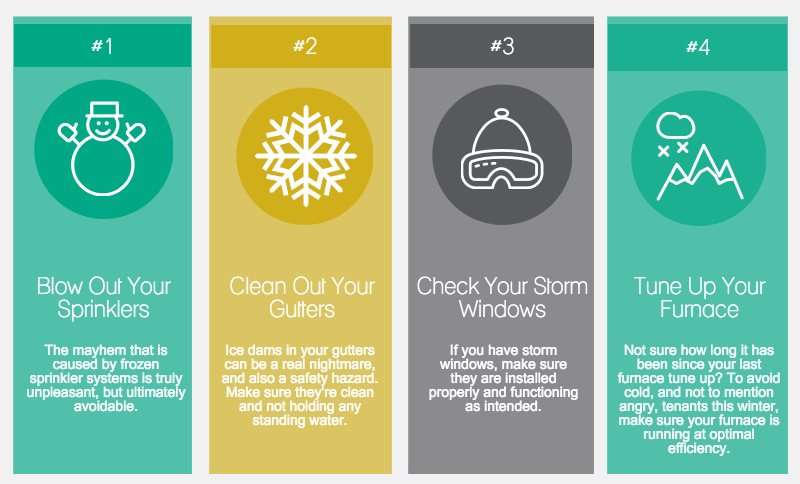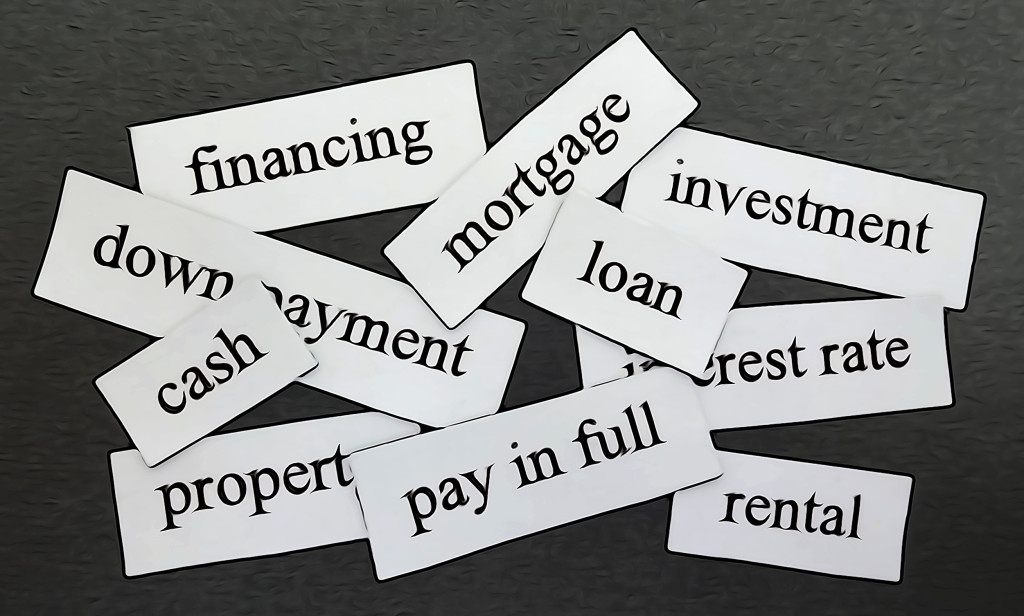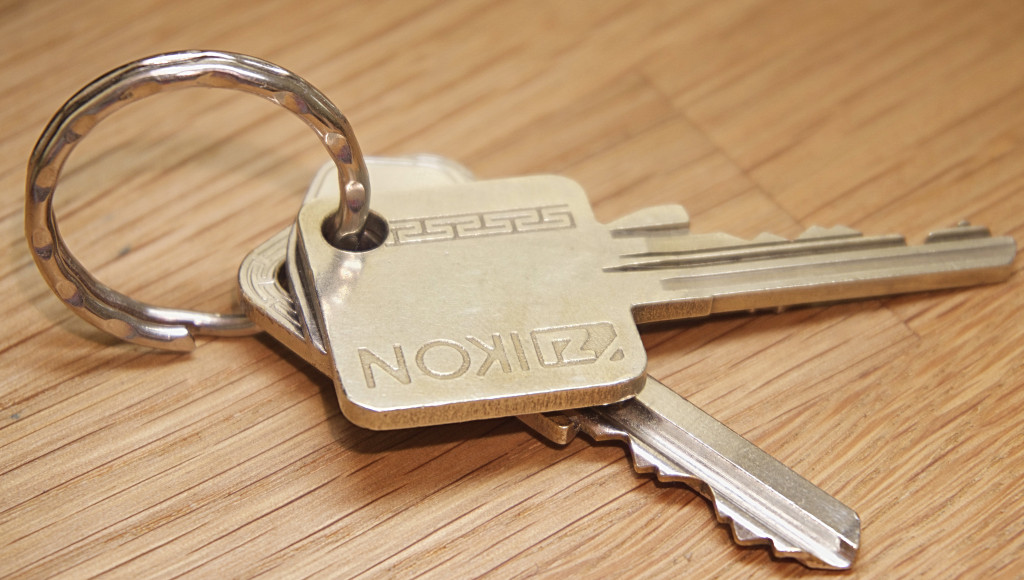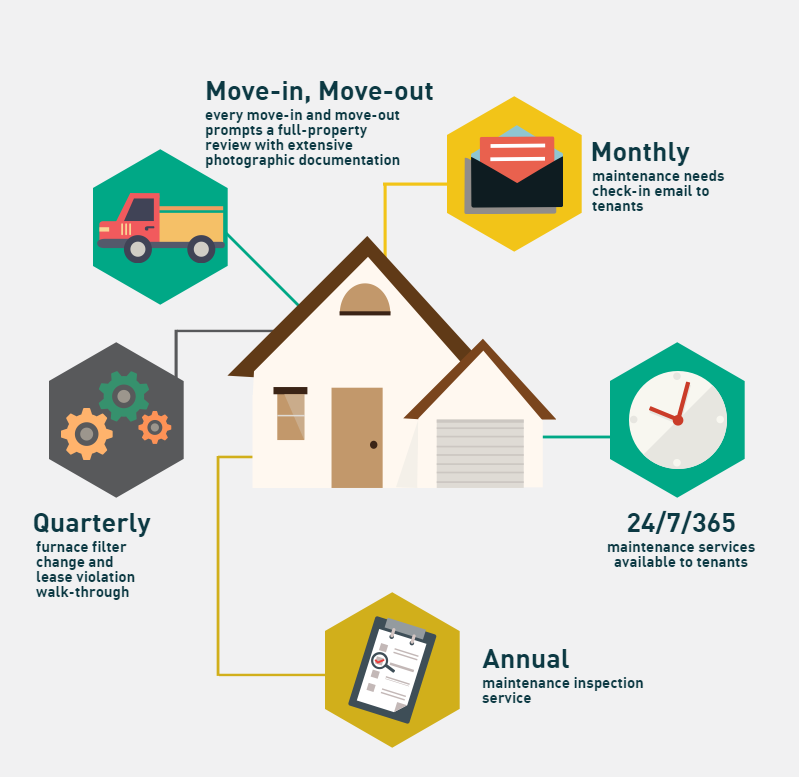Determining who is responsible for repairs to a property during a tenancy can be a divisive issue, but it’s important to know where your responsibilities lie. While clear guidelines for the process of repairs should be laid out in a tenancy agreement, these can vary from property to property. If you’re not sure what your responsibilities as a landlord are, you’re not alone. As property managers, we hear this question a lot. If you’re among the many who could use a little clarification on this issue, why not take a look at the quick guide below? The most important thing to remember is that communication with your tenants is paramount, so discuss these matters with them, and lay down your argument for your involvement. It could save you money, time and acrimony further down the line.
What is it that’s damaged?
Mainly, if it’s the tenant’s property that’s damaged, it’s their responsibility to fix it. If it’s your property as the rental home owner, you’re going to want to handle the maintenance yourself of leave it to your property management company. Allowing tenants to do their own maintenance opens up the floodgates of liability in the event they’re hurt or the property is further damaged. We all have that ‘handy’ person in our life who ends up blowing fuses or completely destroying some drywall. That’s much less charming when your property ends up damaged.
How urgent are the repairs?
Another vital consideration is just how badly the tenants need the repairs. Any electrical appliances (such as washer, dryer, oven, etc.) must be fixed by the landlord in order to adhere to the landlord and tenant insurance policies. Do not allow tenants to repair these things if they are damaged, as they could receive injuries which could lead to legal ramifications for the landlord. Likewise, any attempted repairs by an unqualified tenant could lead to further damage to the property. As such, any repairs on fixed appliances must be repaired as soon as possible. If the boiler in your property breaks down in winter, it is important you have it repaired as soon as possible, whereas if a fuse goes on a bulb, this could take a lesser precedent. However, it’s best to be punctual with your repairs in order to keep your tenants happy and prevent any further damage.
How to avoid in-tenancy repairs
You can take steps to avoid making repairs while tenants occupy your rental property by regularly doing pre-tenancy inspections of a property. This is required following a tenancy in order to ensure there is no superficial damage, but it’s good to check the wiring, plumbing and general functioning of a property before renting it out again. This can help avoid any rancor between you and future tenants if a fault is found, although it will mean the cost of repairs fall to you and you alone.
At Simply Residential, we offer a quarterly furnace filter change and lease violation walk through to help us determine if there are any immediate needs or violations to the property. We also offer an annual maintenance walk-through to help us determine what may need work in the coming year so we can help our owners financially plan their maintenance needs in a way that makes sense for them.










